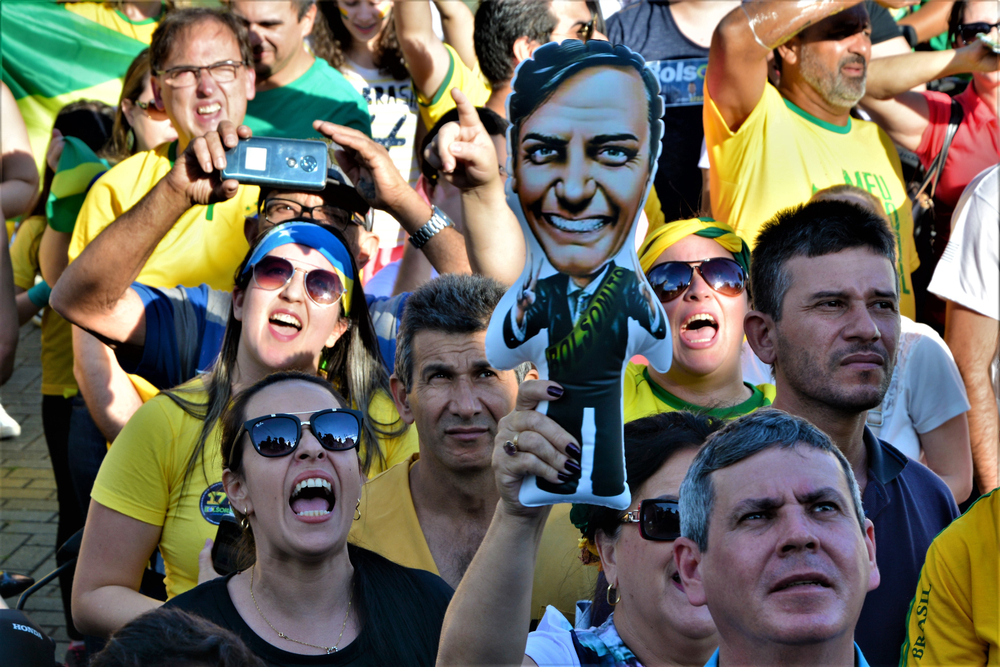The latest episode of our Explaining Brazil podcast discussed an unprecedented phenomenon in recent Brazilian history: President Jair Bolsonaro has governed the country for almost two years without being affiliated to a political party. Now, as he looks toward the 2022 presidential election, Mr. Bolsonaro is forced to look for somewhere to hang his hat — as Brazil does not allow independent candidacies. The president’s odd situation forces us to take a closer look at Brazil’s party system to find out exactly how the head of state can operate outside party politics for such a long space of time.
The answer is relatively simple: Brazil’s partisan system has a very low level of institutionalization, exemplified by Mr. Bolsonaro’s own election in 2018.
At the time, the president was affiliated to the previously unknown Social Liberal Party (PSL), beating candidates from the far more established Workers’ Party (PT) and Brazilian Social Democracy Party (PSDB). The victory of such an outsider candidate from a weak party structure suggests that Brazil’s movement...


 Search
Search






































